Perimenopause:
What it means to women and how it affects their day to day living
Some facts about Perimenopause
It means “around menopause”. It is the transitioning stage of your body towards Menopause, marking the end of the reproductive years.
Women start perimenopause at different ages, you may notice signs of progression towards menopause, such as menstrual irregularity sometimes in your 40’s, but it can come as early as in the mid-’30s too.
The level of estrogen in your body rises & falls unevenly during this period. Your cycles may lengthen or shorten and you may begin experiencing menopause-like symptoms such as hot flashes, sleep problems, and vaginal dryness. Once you’ve gone through 12 consecutive months without a menstrual period you’ve officially reached menopause.
Remember every woman may experience slightly different symptoms than the other, some sail through quite easily without much difficulty and some may even require medical intervention to ease their symptoms.
Some of the most common symptoms that you may experience at some point are:
- Irregular periods
- Hot flashes or sleep problems (beginning of insomnia)
- Mood swings (moderate to severe along with periods of depression at times)
- Vaginal & Bladder problem
- Decreasing fertility
- Sexual dysfunction
- Loss of bone(osteoporosis)
- Changing cholesterol levels
- Increase in weight esp. around mid-section
- Drop-in fat metabolism
- Fatigue
- Chronic pain
In some studies have even shown that women are likely to develop hypertension, diabetes, and other life-threatening diseases around this time.
Hence it becomes even more important for women above 40 to start taking care of their health while still in their prime.
Unfortunately, there is no one test to confirm whether you are already going through perimenopause or no. but if you think you are, you must speak to your doctor, he or she might be able to put your doubts to ease.
Having said that we can too quite effectively ease the symptoms and pains experienced during this transition and a very important phase in a woman’s life.
By making small changes in our day to day lifestyle, eating habits, incorporating exercises suited to our current level and capacity also learning and practicing meditation, and other relaxation methods.
Most importantly I feel that as a woman we don’t like to talk about this topic, we simply take this as a normal aging process and accept the pains and discomforts as a part of our lives.
But what we fail to understand is that it is a beautiful and necessary process for our human body, just like puberty and pregnancy, menopause marks the end of reproductive age for a woman but it also marks as the age of maturity, wisdom, and freedom.
So instead of looking down or becoming paranoid if we can just accept this process as easy as we do to everything else in our lives. I am sure, it won’t be so hard on us and we can go through this transition with ease n joy.
Things you need to keep in mind during this phase:
DIET: what to add or subtract from your diet
When it comes to healthy eating it is helpful to look at your diet and see what you might be doing wrong or right with it. So the first step is to definitely remove all the irritants from your diets such as processed, fried, high saturated fat, … remember your body is no longer as efficient in digesting chips, colas, white bread like it used to in your 20’s. so becoming mindful of what you put in your mouth will go a long way in helping you to keep your symptoms and flare-ups if u are experiencing any, in control.
Make sure you are having these in your diet:
PROTEIN
With fluctuating hormones, BALANCE is the name of the game. Protein can also help by regulating appetite and blood sugar levels. It may even help balance your hormones- so include some form of protein in every meal.
OMEGA-3 FATTY ACIDS
Omega 3 fatty acids have been associated with decreased inflammation as well as improved moods. It also helps decrease depressions which many women might face during this period. So having foods rich in omega is a must such as nuts, seeds, olive oil, fish, fish oil supplements, etc.
FIBER
Fiber is another go-to during menopause – it helps you feel full longer which curb cravings and avoid unnecessary weight gain. Fibre has also been shown to decrease your risk of certain diseases of aging, including heart disease, stroke, and coma. Aim for at least 21 gm a day.
CALCIUM & VITAMIN D
As you age your risk of osteoporosis increases. To keep your bone health in check, up your intake of Calcium to 1200 mg daily. Vitamin D is also important in this regard. But check with your doctor before starting on any supplements.
What you should limit:
Let’s face it, not all foods are created equal, and having them might not have desirable effects on your body and mind. So the rule of thumb here is to limit or avoid foods that are highly processed, refined, filled with saturated fats, and lots of sugar.
Stick to more greens, colored fruits, and veggies, fish, eggs, white meat, organic. Chose brown over white rice whenever possible. But remember first check with your body- Eat what suits you.
‘One size does not fit all’. So gauge yourself and work accordingly.
Consult a Nutritionist or Physician if you are facing any issues with your health. Do not try to treat yourself or follow some diet blindly.
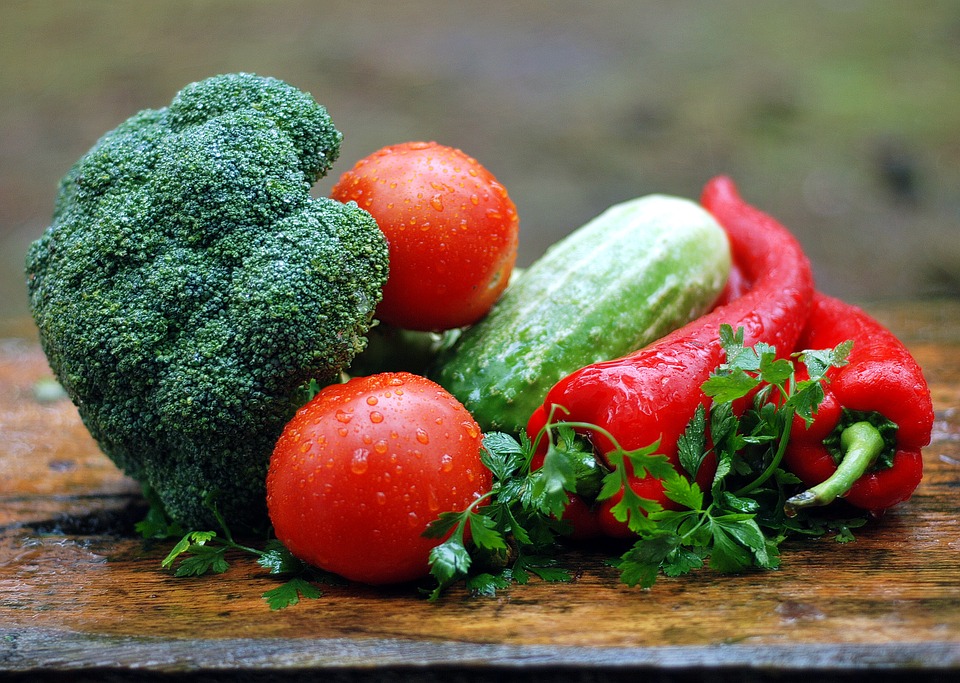
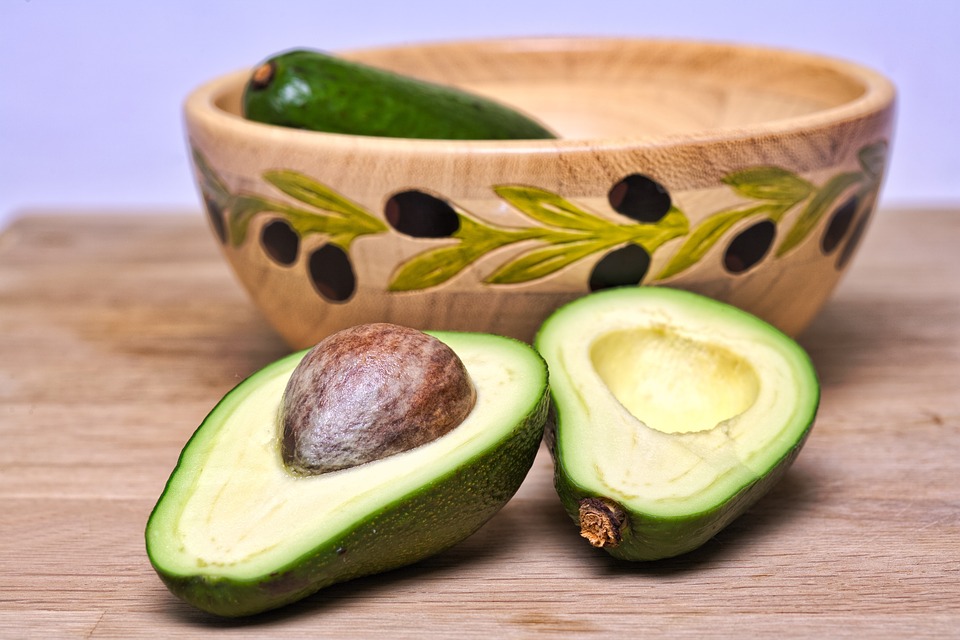
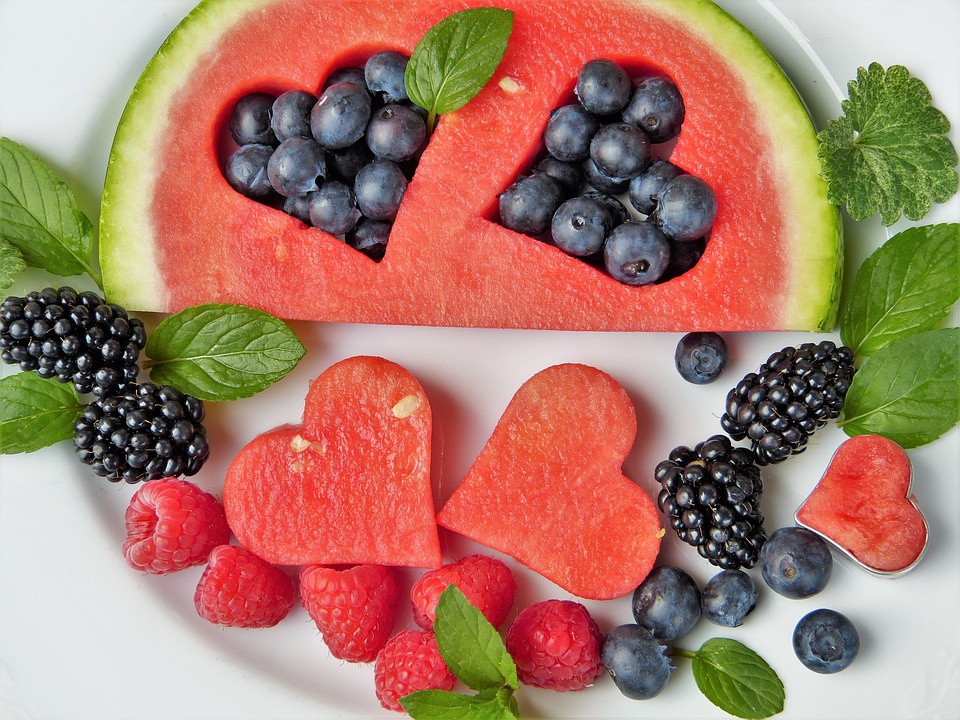
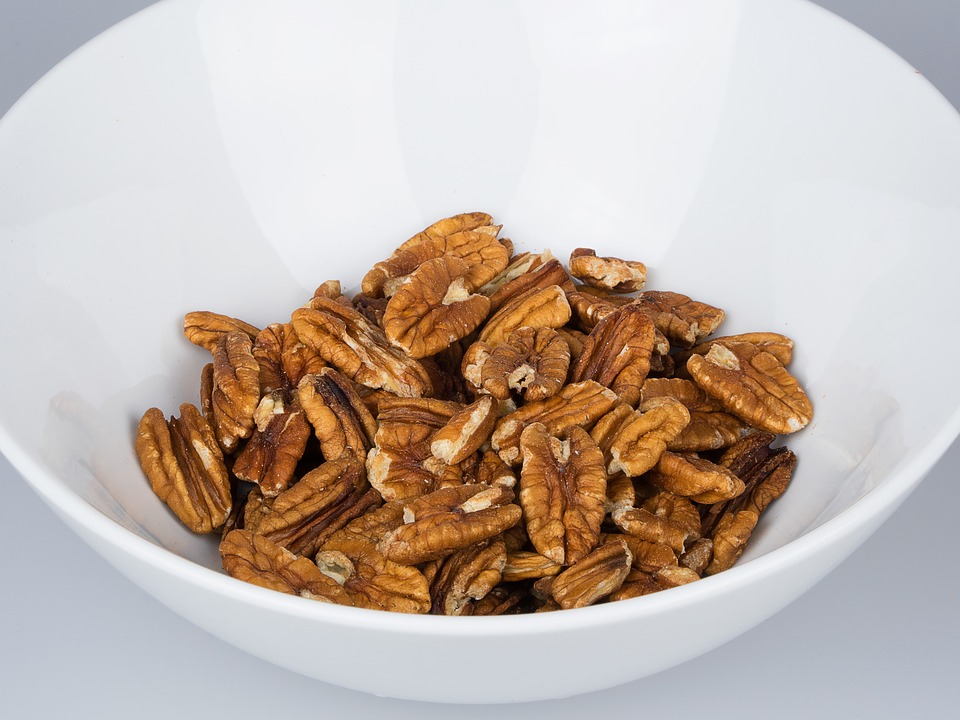
EXERCISE
Along with healthy eating, you must (should) incorporate some kind of regular exercise routine for at least (30-60 mins daily)
Exercise isn’t a proven way to reduce menopausal symptoms, such as hot flashes and sleep disturbances. However regular exercise or movement can help you maintain a healthy weight, relieve stress, and improve your quality of life.
Walking, cycling, and dancing are all good forms of cardio exercises .it helps burn calories thus helps to prevent weight gain.
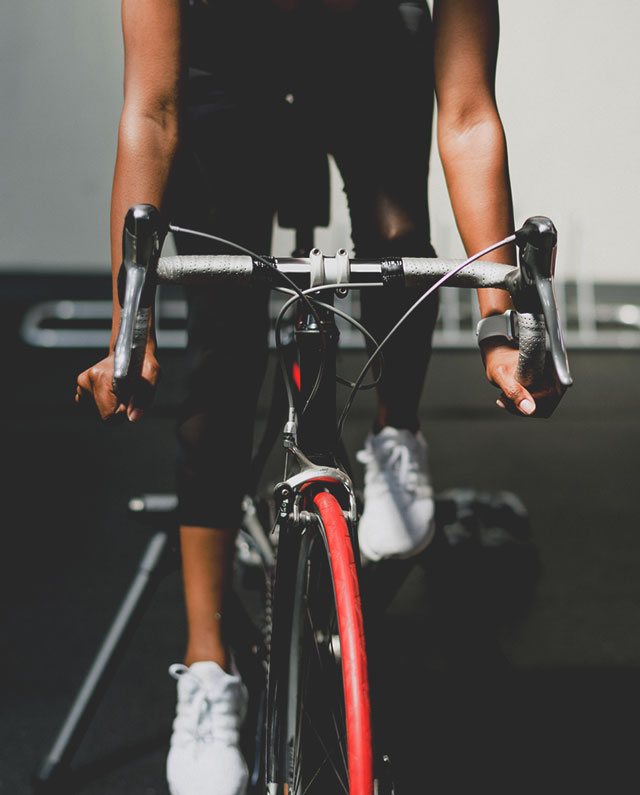


STRENGTH TRAINING
Muscle-building exercises are particularly important for women going through menopause because they help slow the normal bone loss during this phase. Strength training can also help preserve lean muscle, which after a certain age starts to dissipate. Getting started with strength training doesn’t have to involve pumping iron like a bodybuilder. Even something as simple as walking with lifting weights can be beneficial. The best way to start is with your own body weight. exercise such as push-ups, chair dips, planks, hollow holds, simple crunches, squats, lunges, etc. is one of the best bodyweight exercises one can start with, and then gradually under the guidance of an experienced trainer you can progress to weights.
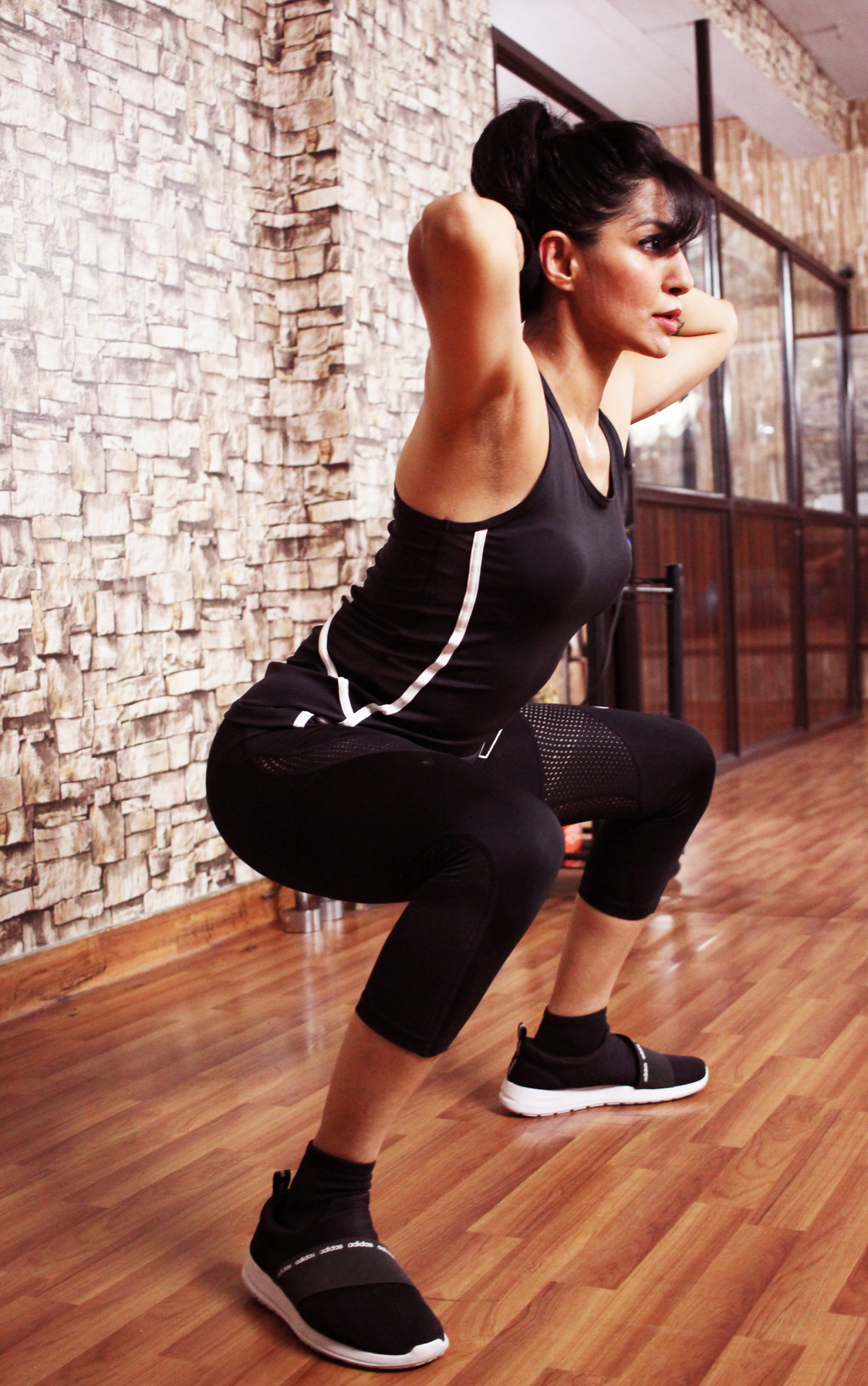
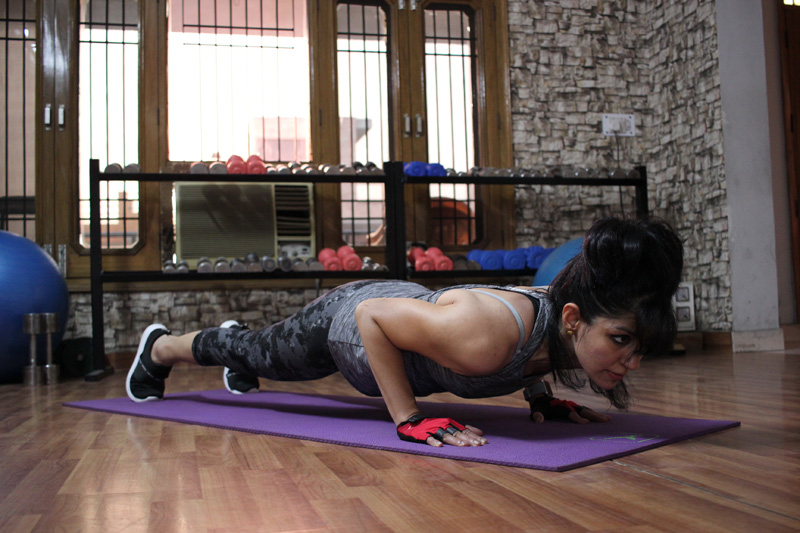
YOGA & OTHER RELAXATION METHODS
Dealing with perimenopause can be stressful and activities such as yoga & meditation can help reduce the tension through their gentle movements and breathing techniques. Also, other techniques that you may add are qi- gong and Tai chi practice, they are proven to reduce mental tension and increase flexibility and muscle strength along with breathing.
They also include moving meditation which I find really interesting, as it helps to calm your mind while actually working out.
Also including daily stretching is very important. Daily stretching preserves your body’s range of motion and keeps your joints flexible, two things that are compromised as you age. simply taking a couple of minutes each morning and evening to gently stretch your body can help in the long run.
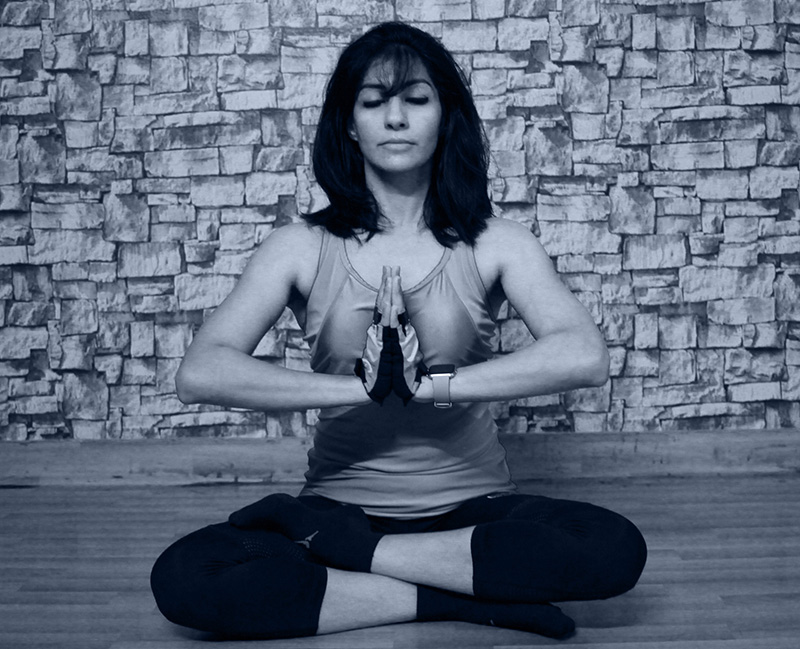
Stability and Balance moves:
Exercises that enhance your body’s ability to stay upright and steady are particularly important as you enter menopause. As we get older our balance starts to stagger which may result in an increased risk of falling and if you break a hip your life span can be significantly reduced.
Simply standing on one leg for a certain amount of time can be helpful. Or trying some balancing yoga poses as given below … you can slowly take it towards more advanced as you progress.

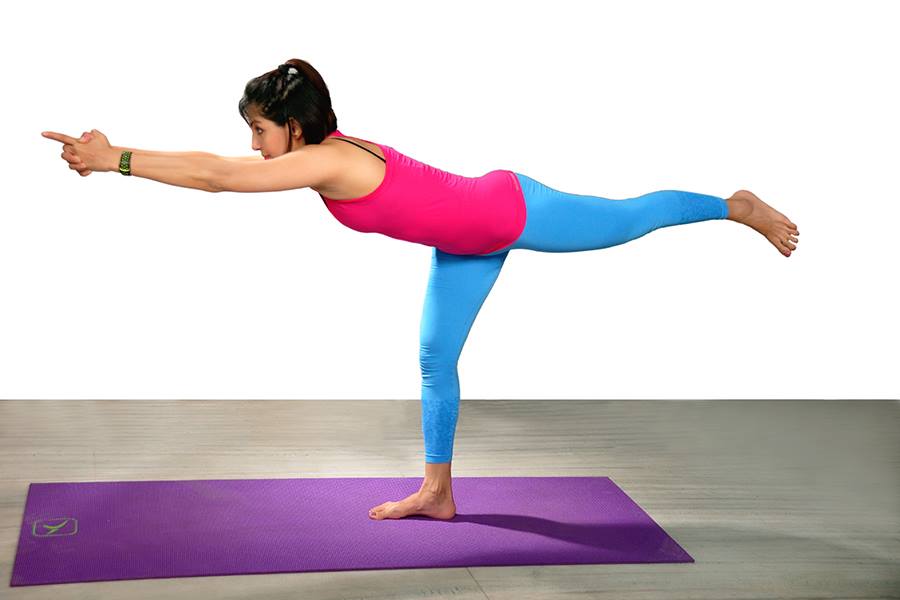
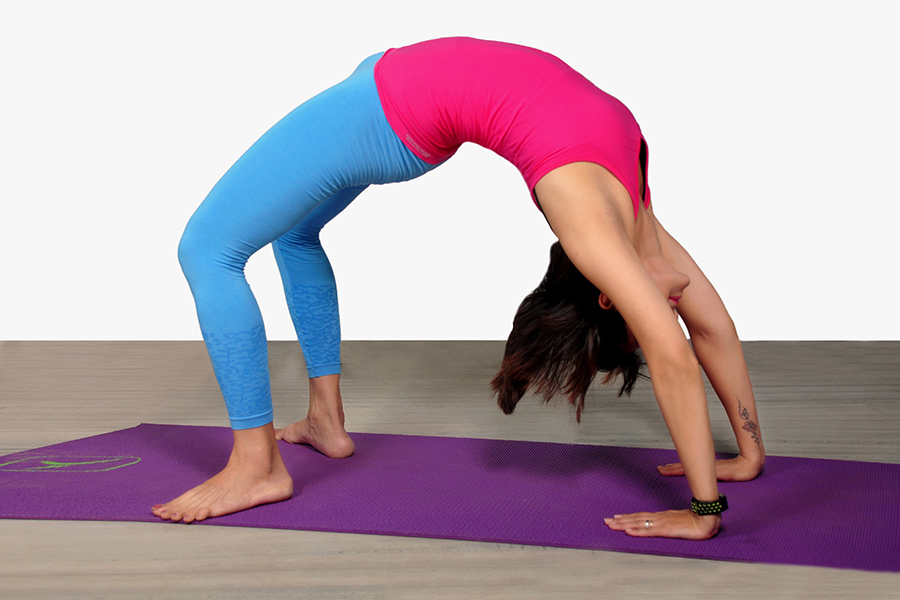
I would like to end this article with a small personal note; we all are going to leave this world one day, now it is up to us and only us how we would like to do it.
The choice lies in your own hands and this message is for everyone.
‘We are what we eat and think and act’
So if we can keep these important factors in our mind, stay in the present moment and act with wisdom, I guess we can at least hope for a good and fulfilling ending.
Best
Soma Kalsi
(Fitness & Wellness & Nutrionist Consultant)
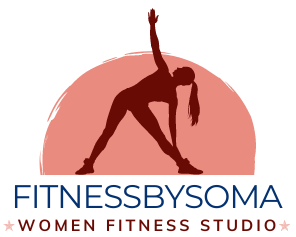

Recent Comments